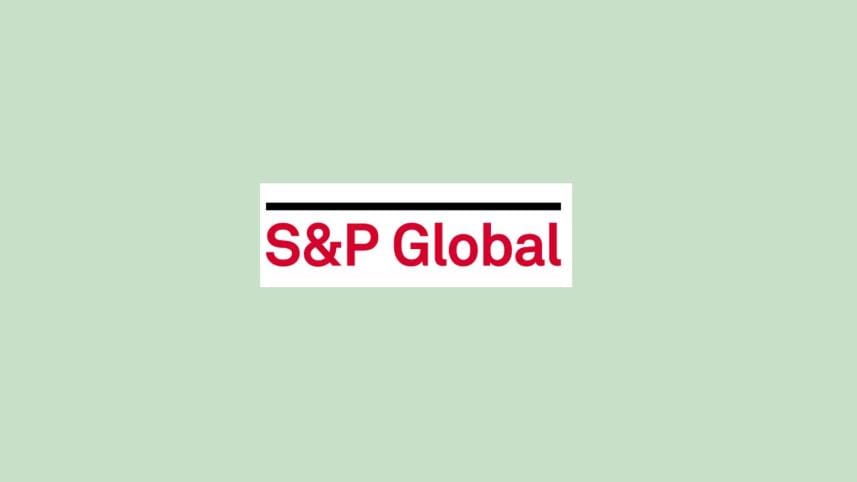Banking sector near top of risk scale: S&P

S&P Global Ratings, an American credit rating agency, placed Bangladesh's banking sector near the top of its risk scale, assigning the nation a score of 9 out of 10 on its 'Banking Industry Country Risk Assessment' scale, with 10 representing the weakest ranking.
This reflects the significant economic and industrial risks facing the country's banking system, exacerbated by the limited availability of US dollars, the rating agency said yesterday.
"The country's political instability has further exposed the vulnerabilities of Bangladesh's banking industry, including weak liquidity, thin capital buffers, and deteriorating asset quality," it said.
Shinoy Varghese, a credit analyst at S&P Global Ratings, warned of potential policy inaction and a slowdown in crucial financial reforms, which would add to the industry's challenges.
The recent resignation of the governor of Bangladesh Bank alongside several senior officials threatens to delay ongoing structural reforms, such as the implementation of a Prompt Corrective Action (PCA) framework scheduled for March 2025.
The PCA is intended to address capital adequacy, stressed assets, and weak corporate governance within the banking sector, the S&P said.
Despite these challenges, the credit rating agency believes the central bank's day-to-day operations remain unaffected. The central bank has continued to provide liquidity support to banks in both domestic and foreign currencies and has maintained clearing and settlement operations, it added.
On the other hand, a cyberattack on the central bank's website in late July highlighted the sector's vulnerability to cyber risks.
After weeks of unrest that culminated in an abrupt change of government in early August, banking operations are slowly returning to normal. ATMs are being refilled under private security cover and the central bank has imposed a cash withdrawal limit of Tk 200,000 (approximately $1,700) per account, reflecting ongoing security concerns.
Nevertheless, the ratings agency said liquidity at several banks is expected to remain tight over the next 12 months. Last year's shortage of foreign exchange severely impacted some public sector and Islamic banks, delaying payments on US dollar-denominated letters of credit.
"Remittance inflows could become volatile due to political uncertainty, while disruptions in economic activity and weak external demand are likely to continue pressuring exports," Varghese noted.
Structural challenges in asset quality persist, particularly among state-owned banks, which continue to hold significant amounts of weak assets, it also said.
Varghese warned that further unrest could exacerbate these vulnerabilities, straining the banking sector's stability and asset quality.



 For all latest news, follow The Daily Star's Google News channel.
For all latest news, follow The Daily Star's Google News channel.
Comments